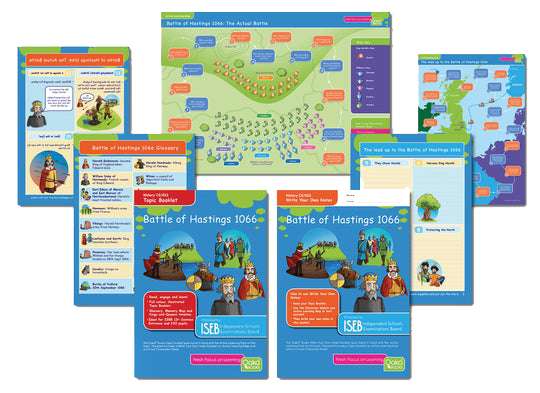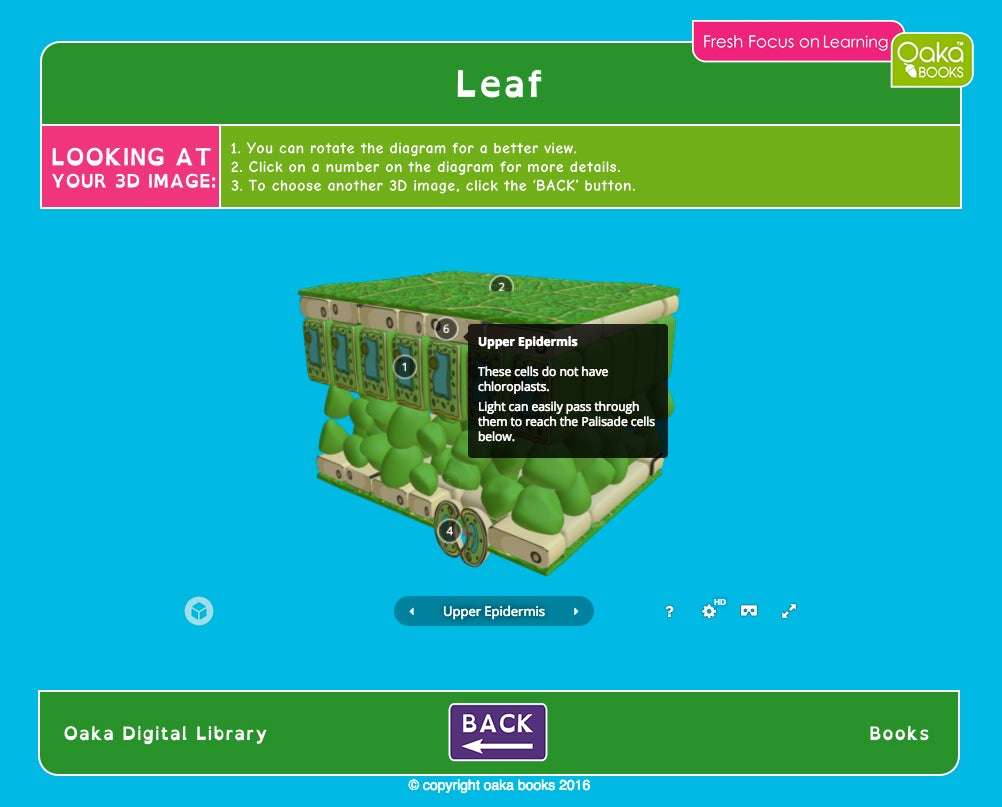Once you’ve produced the key arguments along with supporting evidence, facts, figures, quotes, etc, you’ll need to start summarising your results. Again, weaving concepts and ideas together should help you form a cohesive passage that naturally points towards a conclusion.
Remember, the purpose of the essay is to draw upon multiple sources, and you may find your gut feeling or opinions challenged. Your job is to provide an objective analysis – don’t look for ways to justify your personal views.
It’s worth noting that this does vary. For example, in hard-evidence subjects like science, you might find conclusive evidence that you can assert as the truth. It depends – pay attention to the subject and topic you’re writing about.
Here’s some vocabulary to help you discuss results:
- Therefore
- As a result
- It can be seen that
- This shows that
- The result is
- We can see that
- For this reason
- This suggests that
- Due to the fact that
- This demonstrates
- Evidently
- It is evident that
Neatly summarising results keeps your arguments well-organised. You might have numerous arguments to summarise – keep tabs on your arguments to help you assemble your final conclusions.





